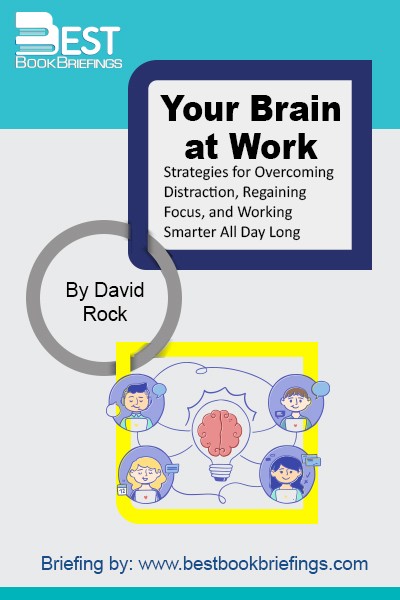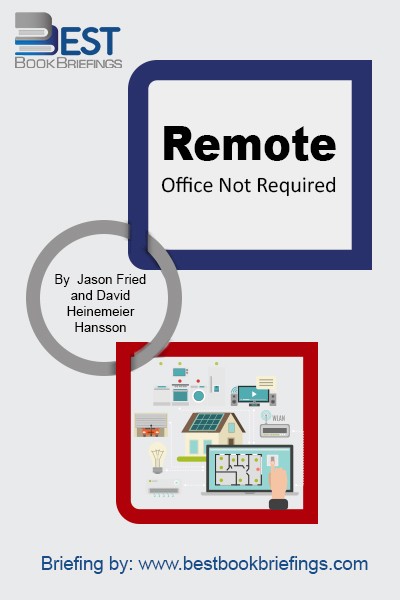Remote
Office Not Required
Editorial Review
If you ask people where they go when they really need to get work done, very few will respond “the office.” If they do say the office, they’ll include a qualifier such as “super early in the morning before anyone gets in” or “I stay late at night after everyone’s left.” What they’re trying to tell you is that they can’t get work done at work. That’s because offices have become interruption factories. Fifteen minutes here, ten minutes there, twenty here, five there. Each segment is filled with a conference call, a meeting, another meeting, or some other institutionalized unnecessary interruption. It’s incredibly hard to get meaningful work done when your workday has been shredded into work moments.
Book Reviews
Books on Related Topics

Most people have spent too much time convincing themselves that life has to be hard, with a resignation to 9-5 drudgery in exchange for weekends and occasional vacation. If you are sick of the deferred-life plan and want to live life instead of postpone it; to join the New Rich and

The 80/20 way involves a real change in how we see and do things. By doing less, we can enjoy and achieve more. If we understand the way the world is really organized, we can fit in with that way and get much more of what we care about with less

No matter what you do and what you aim for, you can always improve your performance, be more focused and productive, stay cool under pressure, reduce the length of meetings, and tackle the hardest challenge of all: influencing other people. You can also be a better parent and partner, perhaps even

Like neuroscientists searching for the grandma cell, when we look at the world outside of our brain, we naturally seek order. We look for hierarchy all around us. Whether we’re looking at a Fortune 500 company, an army or a community, our natural reaction is to ask, “Who’s in charge?” We



